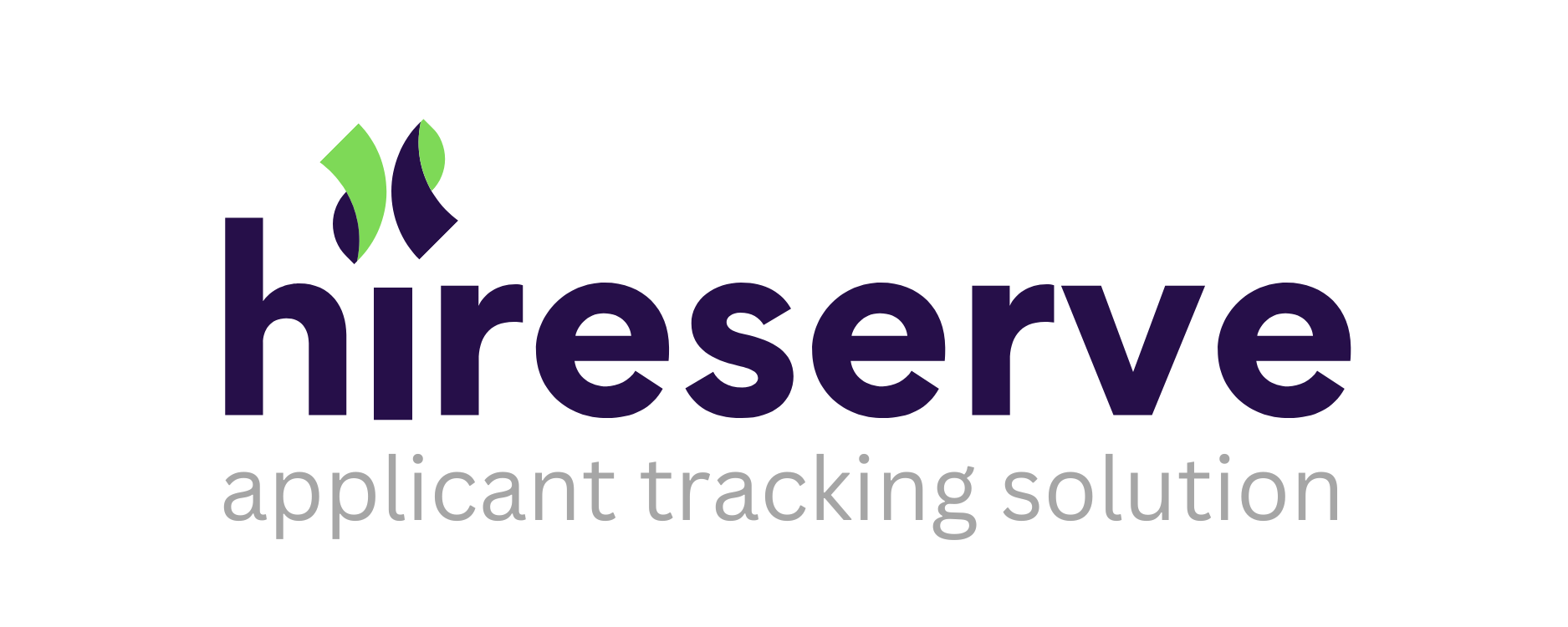As psychologist and best-selling author Daniel Goleman said, “by teaching people to tune in to their emotions with intelligence and to expand their circles of caring, we can transform organisations from the inside out.” Having the right people who can handle emotionally charged or difficult situations is paramount for businesses.
In a competitive landscape, the success of an organisation hinges not only on the technical skills and qualifications of its employees but also on their ability to navigate relationships, communicate effectively, and manage both their own emotions and those of other people.
This is where emotional intelligence (EI) comes into play. Emotional intelligence refers to the capacity to recognize, understand, and manage emotions in oneself and others. It encompasses empathy, self-awareness, self-regulation, social skills, and motivation.
When it comes to finding star employees who can drive innovation, foster collaboration, and deliver exceptional results, emotional intelligence stands as a crucial factor. In other words, emotional intelligence is a key skill to look for in recruitment, and hiring individuals with high EI should be a priority for any workplace.
This article will delve into why emotional intelligence is key to finding star employees and how organizations can identify and cultivate this valuable trait during the hiring process.
Understanding Emotional Intelligence
Emotional intelligence involves a range of skills and competencies that contribute to effective interpersonal interactions and self-management. It includes self-awareness, which involves recognising one’s emotions, strengths, weaknesses, and values.
Self-regulation refers to the ability to control impulses, manage stress, and adapt to change. Empathy is the capacity to understand and share the feelings of other people, while social skills encompass communication, collaboration, and conflict resolution. Motivation involves harnessing emotions to achieve personal and professional goals.
The Importance of Emotional Intelligence in the Workplace
Improved Communication and Collaboration
Employees with high EI are adept at recognising and understanding the emotions of other people, which facilitates effective communication.
This is a valuable skill that means they can tailor their messages to resonate with different individuals and respond empathetically to varying perspectives. This fosters positive working relationships, improved job satisfaction and enhances collaboration among team members, leading to increased productivity and better outcomes.
Enhanced Leadership Skills
Emotional intelligence is a vital attribute for effective leaders. Leaders with high emotional intelligence can inspire and motivate their teams, establish trust, and create a positive work environment.
They possess strong interpersonal skills, which enable them to communicate vision, manage conflicts, and make decisions that consider the needs and emotions of others. Leaders with high emotional intelligence are better equipped to handle challenges, inspire loyalty, and drive organisational success.
Resilience and Adaptability
In the fast-paced and ever-changing business world, resilience and adaptability are crucial. Employees with high emotional intelligence can bounce back from setbacks, navigate ambiguity, and embrace change with a positive mindset. They are more open to learning and are better equipped to handle stressful situations and manage their own emotions, enabling them to adapt quickly and thrive in dynamic work environments.
Customer-Centric Approach
Emotional intelligence extends beyond internal interactions; it also plays a vital role in delivering exceptional customer experiences. Employees who possess high emotional intelligence can empathise with customers, understand their needs and concerns, and provide personalised solutions. These types of skills foster customer loyalty, positive brand reputation, and ultimately, business growth.
Identifying Emotional Intelligence in Candidates
When hiring star employees, assessing emotional intelligence becomes paramount. Recognising these skills can be a challenge during interviews and throughout the hiring process. Here are some strategies to identify these valuable skills in candidates:
Behavioural-Based Interviews
Incorporate questions that assess candidates’ past experiences in dealing with challenging situations, managing conflicts, and collaborating with others. Ask for specific examples where candidates demonstrated self-awareness, empathy, or effective communication skills. Their responses can provide insights into their emotional intelligence capabilities.
Situational Judgement Tests
Present candidates with hypothetical scenarios that require them to make decisions and respond to emotional or interpersonal challenges. Assess their ability to understand emotions, consider multiple perspectives, and choose appropriate responses. These tests provide a glimpse into candidates’ emotional intelligence skills in action.
Reference Checks
Contact references to gain insights into candidates’ interpersonal skills, collaboration abilities, and emotional resilience. Ask specific questions about their ability to work well with others, manage conflicts, handle emotionally charged or stressful situations, and adapt to change.
References can provide valuable information about candidates’ emotional intelligence traits based on their previous work experiences.
Psychometric Assessments
Utilise scientifically validated psychometric assessments that measure emotional intelligence. These assessments provide an objective evaluation of candidates’ emotional intelligence skills and provide a standardized framework for comparison. They can assess key elements of emotional intelligence, such as self-awareness, empathy, and social skills.
Developing Emotional Intelligence in Employees
Organizations can also take steps to develop and enhance emotional intelligence in their employees:
Training and Development Programs
Offer workshops, seminars, and training sessions focused on emotional intelligence. These programs can provide employees with strategies to enhance self-awareness, empathy, communication, and stress management. Training can also include role-playing exercises, feedback sessions, and coaching to reinforce emotional intelligence skills.
Leadership Development Initiatives
Implement leadership development programs that emphasize emotional intelligence skills for current and aspiring leaders. Provide opportunities for leaders to engage in self-reflection, receive feedback, and enhance their emotional intelligence competencies. By nurturing emotionally intelligent leaders, organizations can foster a culture that values and promotes emotional intelligence at all levels.
Continuous Feedback and Coaching
Provide regular feedback and coaching to employees, focusing on their emotional intelligence skills. Help them identify areas for improvement and provide guidance on enhancing self-awareness, managing emotions, and developing effective communication strategies. Encourage employees to seek feedback from peers, managers, and subordinates to foster ongoing growth.
Building Emotional Intelligence in the Workplace
Emotional intelligence is a critical factor in identifying star employees who can excel in today’s dynamic and people-centric workplaces. Employees with high emotional intelligence contribute to effective communication, collaboration, leadership, resilience, and customer satisfaction.
By incorporating emotional intelligence assessments into the hiring process and investing in the development of emotional intelligence skills, organizations can build a workforce that is not only technically skilled but also emotionally intelligent, leading to increased employee engagement, productivity, and overall success.


